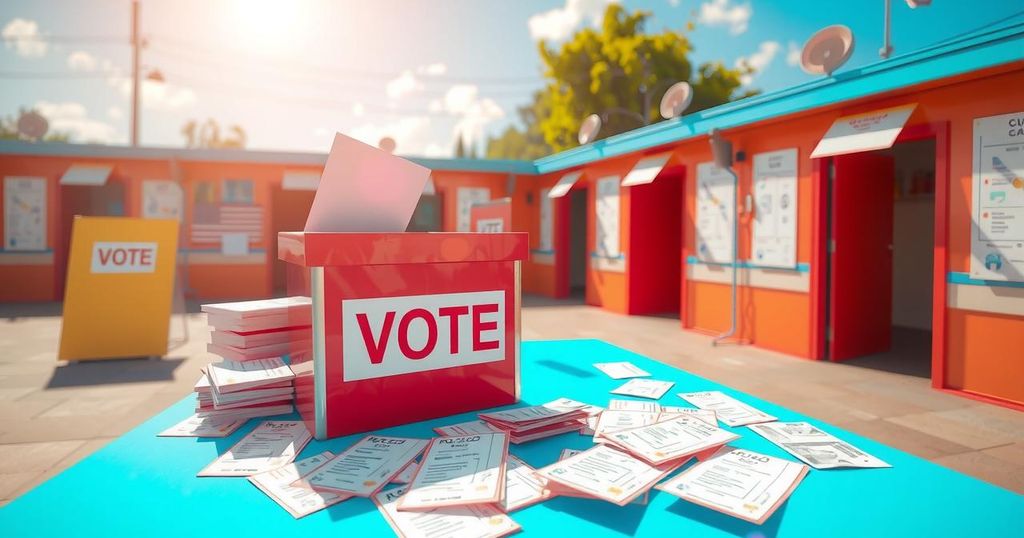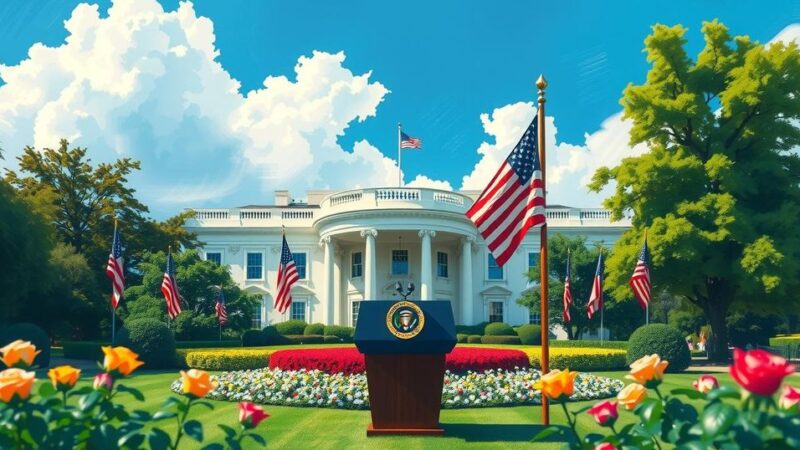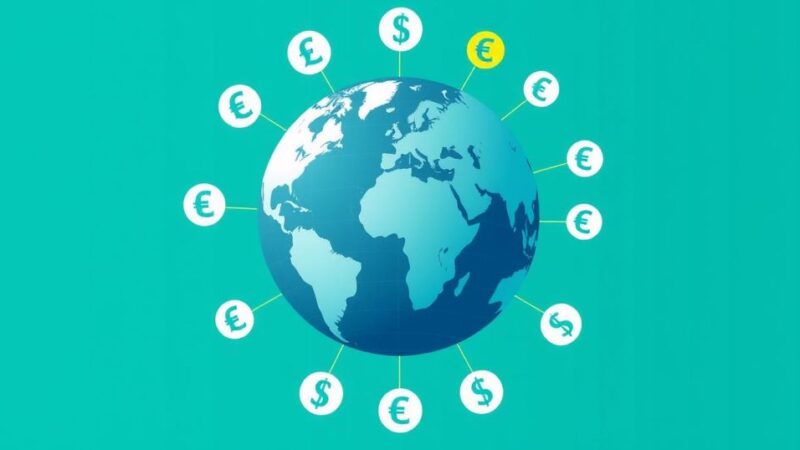Ecuador will hold its second presidential election in 2025, featuring incumbent Daniel Noboa and challenger Luisa González. Amid a tumultuous backdrop of rising crime rates and economic challenges, Noboa plans to continue hardline crime policies, while González seeks to restore social programs and implement a post-oil economic strategy. Both candidates advocate for increased state power in their approaches to public safety.
Ecuador is poised for its second presidential election in 2025, where voters will select between incumbent conservative President Daniel Noboa and progressive challenger Luisa González. Both candidates have garnered approximately 44 percent of the votes in February’s general election, but neither received the 50 percent required to secure outright victory.
Daniel Noboa, the youngest president in Ecuador’s history, assumed office in 2023 after the dissolution of the National Assembly by former President Guillermo Lasso, avoiding impeachment for alleged corruption. Following a significant rise in crime, including a quadrupling of the murder rate from 2018 to 2022, Noboa declared states of emergency and designated criminal gangs as terrorist organizations, enabling military patrols in affected provinces and allowing security forces more authority.
Despite a temporary 17 percent reduction in the homicide rate through August 2024, January marked a peak in violence with a record 731 homicides. Noboa’s administration faced economic challenges, including a recession driven by an energy crisis that resulted from droughts affecting hydropower supplies, causing extensive blackouts and significant economic loss. The GDP fell by 1.5 percent year-on-year in late 2024, while the poverty rate increased.
Should Noboa win reelection, he aims to reinforce his tough-on-crime stance, including the establishment of a new maximum-security prison and addressing the energy crisis, albeit with limited specifics. Additionally, he intends to expand social programs like the “Bono de Desarrollo Humano,” which supports low-income families through cash stipends.
Luisa González, closely associated with former President Rafael Correa, also emphasizes crime reduction through military and police initiatives, advocating for enhanced border security to combat drug trafficking. She aims to reinstate a Ministry of Justice and Human Rights, which was disbanded in 2018 during cuts to government spending, with the intent of improving rehabilitation programs in prisons.
Economically, González seeks to pivot towards a post-oil economy, increasing social expenditure in violence-prone regions and implementing tax reductions aimed at supporting women-owned enterprises. Although the two candidates present differing economic views, both advocate for the expansion of state authority under the guise of ensuring public safety.
In summary, Ecuador’s upcoming presidential election will present voters with a stark choice between two significantly different economic visions and governance styles. Daniel Noboa seeks to maintain tough crime measures alongside a focus on crisis resolution, while Luisa González proposes a shift towards inclusive policies rooted in her predecessor’s legacy. Both candidates, however, appear unified in their commitment to bolstering state power for public safety, which could have broad implications for citizens regardless of the election’s outcome.
Original Source: reason.com






